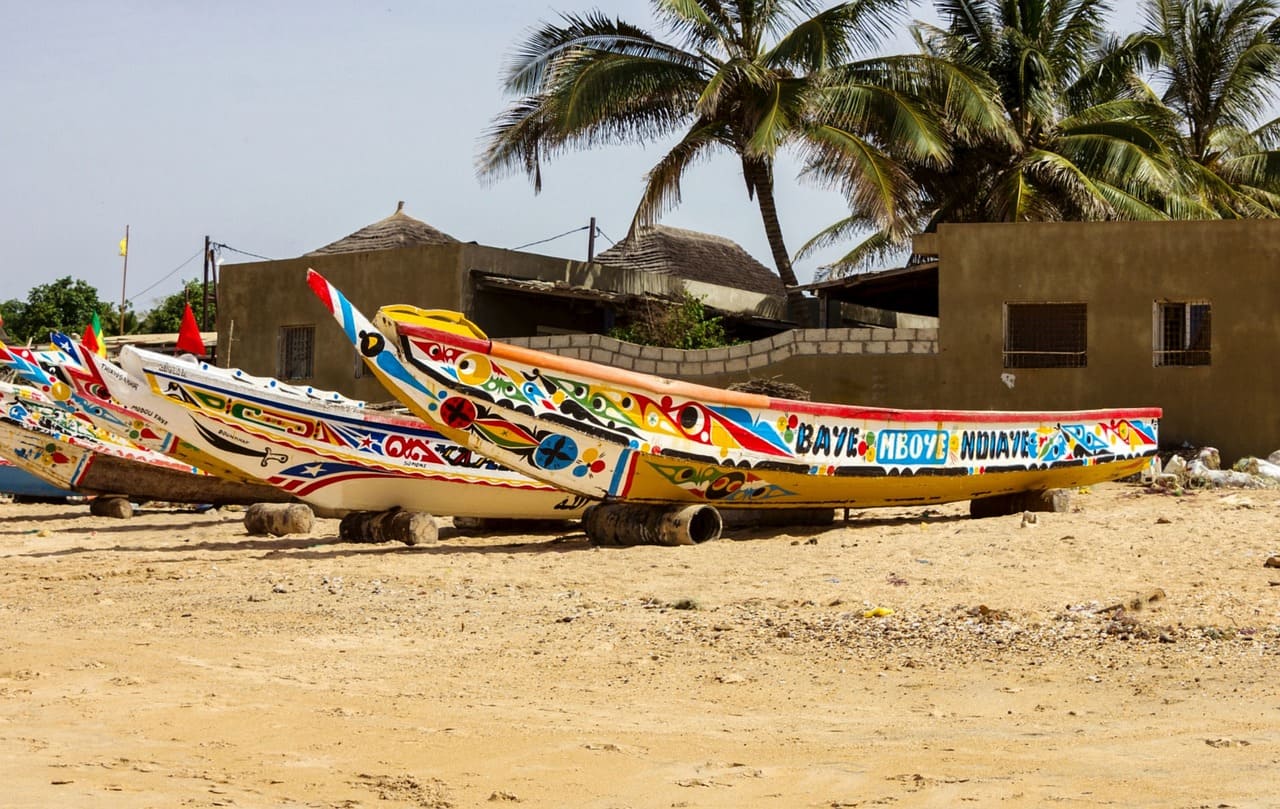
Why Wolof Translation Matters for Businesses Expanding into Africa
Expanding into West Africa presents a wealth of opportunities for businesses, but success in this region goes beyond simple market entry—it requires a deep understanding of local cultures and languages. One key element of this cultural insight is recognizing the importance of the Wolof language. More than just a means of communication, Wolof is an integral part of the local identity in countries like Senegal, The Gambia, and parts of Mauritania.
The Cultural and Historical Significance of Wolof
Wolof, spoken by over 10 million people primarily in Senegal, The Gambia, and parts of Mauritania, is much more than a simple means of communication—it is a vibrant archive of centuries of West African history and cultural evolution. Originating from the early Wolof kingdoms and later enriched by Islamic influences and trans-Saharan trade, the language has served as a lingua franca that bridges diverse ethnic groups, unifying them through shared narratives and traditions. Its rich repository of proverbs, idioms, and oral literature captures the values, social customs, and historical experiences of its speakers, providing deep insights into the region’s cultural identity. For businesses, integrating Wolof into their communications means conveying the enduring legacy of community, respect for local customs, and an authentic connection to a heritage that continues to shape the everyday lives of West Africans.
Business Advantages of Wolof Translation
- Enhanced Customer Engagement: Translating content into Wolof allows businesses to communicate in a language that resonates with local consumers, fostering a deeper connection and engagement with the audience.
- Increased Brand Loyalty: When companies use Wolof in their communications, they demonstrate respect for the local culture, which builds trust and encourages long-term loyalty among customers.
- Competitive Edge: Leveraging Wolof translation distinguishes a business from competitors who rely solely on global languages, providing a unique advantage in the increasingly diverse West African market.
- Broader Market Penetration: By addressing language barriers through Wolof translation, companies can tap into previously underserved segments, thus expanding their reach and increasing market share.
- Stronger Local Relationships: Effective use of the local language not only attracts customers but also helps forge meaningful business relationships and partnerships within the community.
Challenges in Achieving Effective Wolof Translation
- Limited Educational Resources: Despite the large number of Wolof speakers, access to quality educational resources in the language remains scarce. There are few trained specialists or published materials available, making it difficult to find accurate and professional translations. This lack of structured resources often results in inconsistent translations and reliance on oral knowledge rather than standardized texts.
- Complex Idiomatic Expressions: Wolof is rich with idiomatic phrases that automated tools often overlook, resulting in translations that may not capture the intended meaning.
- Cultural Nuances: The language is deeply infused with cultural subtleties, requiring translators to have an in-depth understanding of local customs and contexts to ensure accuracy.
- Historical References: Wolof content can include historical allusions that must be interpreted carefully to preserve their significance and relevance in the translation.
- Local Idioms and Proverbs: The use of idioms and proverbs carries profound cultural importance, demanding a context-sensitive approach to maintain their original impact.
- Regional Variations: Differences in dialects and usage across various Wolof-speaking regions add an extra layer of complexity, making it challenging to achieve a standardized translation that resonates with all audiences.
PoliLingua: Precision in Wolof Translation Services
We specialize in offering professional Wolof translation services tailored to meet the unique needs of businesses, organizations, and individuals targeting the West African region. Our team of native Wolof linguists brings expertise in both translation and interpretation, ensuring that your messages are communicated accurately and culturally appropriately. Operating with a commitment to international standards, we focus on delivering high-quality translations for a variety of sectors, including legal, technical, marketing, and more, ensuring that each project is handled with precision and attention to detail. With our deep understanding of Wolof and the cultural context surrounding it, PoliLingua provides comprehensive language solutions focused on bridging communication gaps and enhancing business engagement with Wolof-speaking audiences.
Expanding into West Africa offers vast opportunities, yet businesses must navigate linguistic and cultural complexities to succeed. Wolof translation is pivotal in this regard, as it not only facilitates communication in one of the region’s most widely spoken languages but also encapsulates the rich cultural heritage that informs local identities. While translating Wolof presents challenges, PoliLingua’s professional translation services are equipped to meet these demands.







